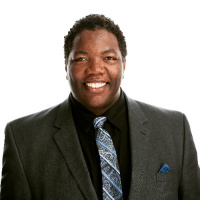 Lansing Divorce & Family Law Lawyers, Michigan
Lansing Divorce & Family Law Lawyers, Michigan
Sponsored Law Firm
-
 x
x

Click For More Info:
-
Goldman & Associates
615 Griswold St. Suite 1325 Detroit, MI 48226» view mapProbate Over 30 Years Experience
Accessibility, responsiveness, and personal commitment is our approach to client representation.
800-797-8031
Sponsored Lawyers
1-10 of 49 matches
2722 E Michigan Ave
Lansing, MI 48912
Criminal, Social Security, Divorce
Bobby Ficklin is a practicing lawyer in the state of Michigan.
(more)
Dispute Resolution, Municipal, Wills & Probate, Divorce & Family Law
Accident & Injury, Estate, Divorce & Family Law, Employment
Estate Planning, Trusts, Adoption, Child Custody, Family Law
Family Law, Litigation, Estate Planning, Mediation
Social Security, Trusts, Estate Planning, Divorce, Personal Injury
Immigration, Divorce & Family Law, Juvenile Law, Criminal, Children's Rights
State Appellate Practice, Domestic Violence & Neglect, White Collar Crime, DUI-DWI



 Akiva Goldman Detroit, MI
Akiva Goldman Detroit, MI AboutGoldman & Associates
AboutGoldman & Associates Practice AreasExpertise
Practice AreasExpertise

